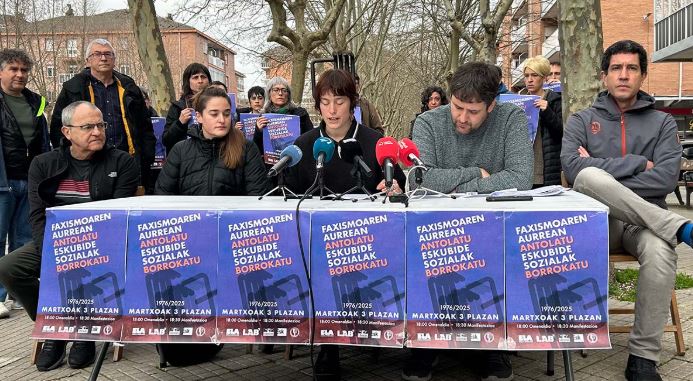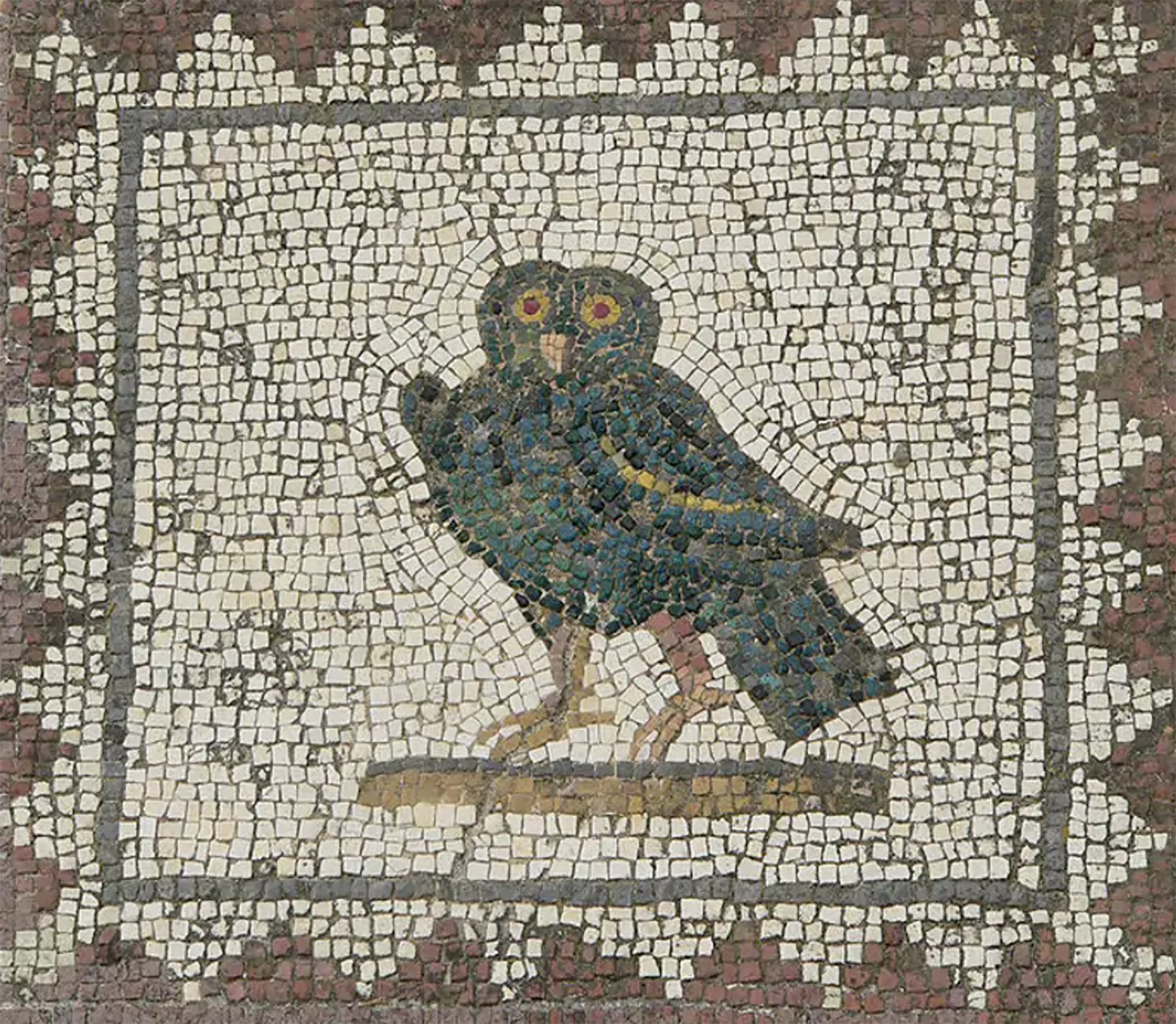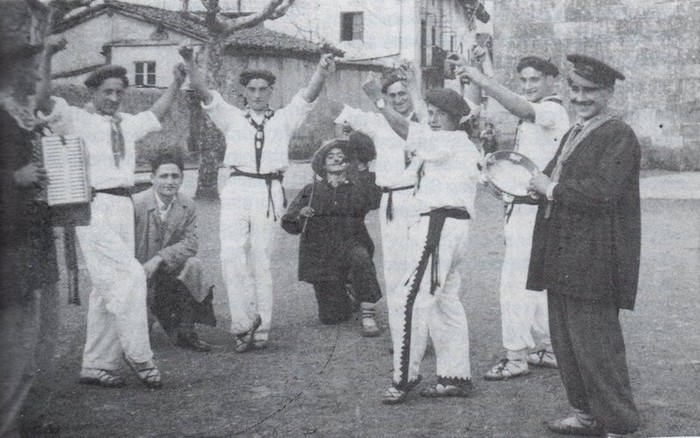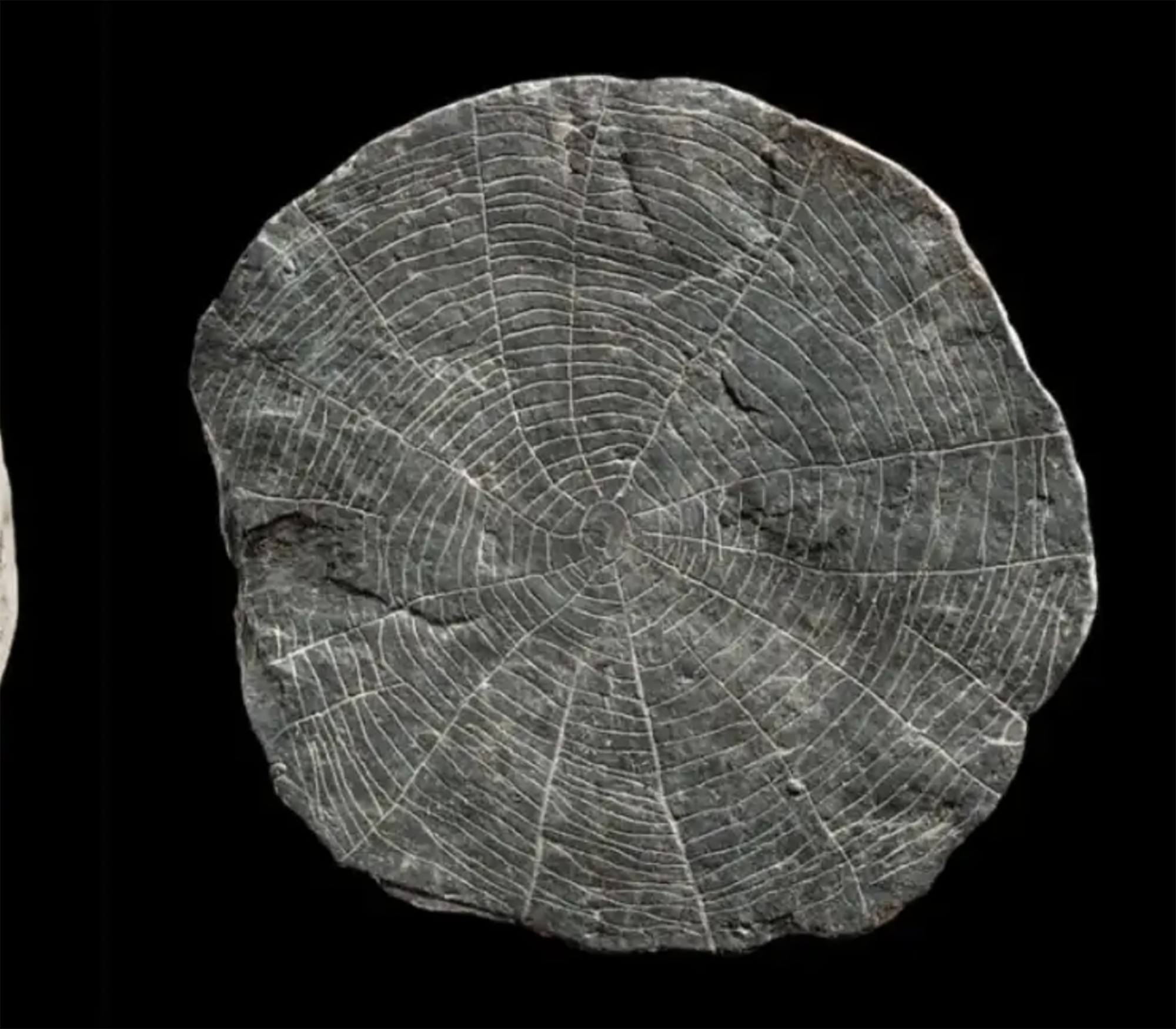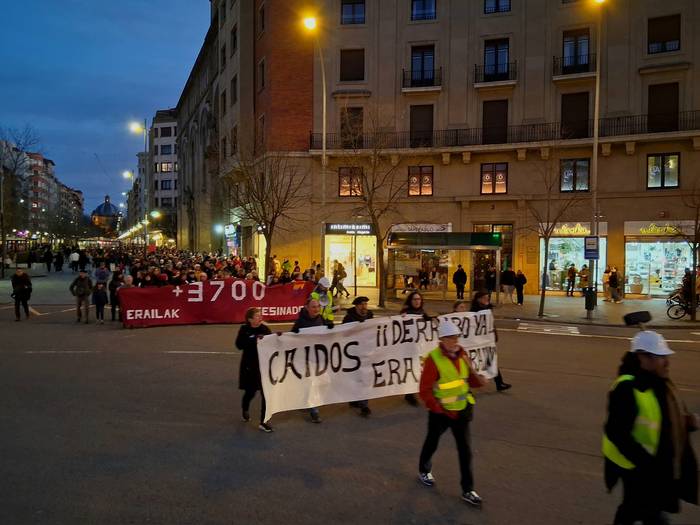About drinking for women

A few years ago, as I was preparing Bagin's book, I met Teresa Furunda of Vitoria, an interesting 18th-century woman. I gave you the following text (Txalaparta, 2020):
"XVIII. One afternoon of the 20th century, in particular in 1756, if we went to the Nueva Calle de Vitoria, we would find a misteleria. I mean, a small store selling mistelas in a narrow street. That day, as usual, several women gathered on the portal. Teresa Furundarena, daughter of the house and head of commerce, María Ignacia Ortiz de Zarate, wife of carpenter Antonio Landaloia, Teresa Ariestaran, wife of Severino Gómez, responsible for tobacco production, and Catalina Guilerna, the oldest of nine daughters of Mateo Guillerna. There were also other young women, but we only know the names of these four women. They were on the cards. Some students also came to buy mistelas and talk to them. All this appears in a document that is found in the Archivo Nacional de Madrid and that we know from the hand of Paloma Manzanos Arenal.
Teresa Furundarena, daughter of the chocolatier Joseph Furundarena. After the counter I saw the lives of the women of Vitoria pass. This was undoubtedly his own corner, the place where relationships were woven. Maria Ignacia, neighbor, often went to Teresa's misteleria with her infant. Caring for young children is usually quite boring, we need some companionship. Teresa Aiestaran, for her part, had her daughters immature, but at five in the afternoon she approached the misteleria because she liked to share penalties, because they were not alone.
Although we usually think that the women of this time only met in the laundries and in the vicinity of the sources, this document helps us to broaden our view and shows us how some women do nothing special, in mere leisure, in the cards, joking with young men… We know that in the houses of the rich some women prepared tertulias. Now we realize that the workers, in the informal tertulias, shared things, sorrows and games of life, while drinking sweet wine on the New Street of Vitoria."
"We have not always been tired, caring, working; we have also had moments of socialization, of sharing with our friends, in a quiet and joyful environment"
So we left Teresa and her friends drinking sweet wine on the New Street of Vitoria. But not everything is possible, and of course, some curious branch of the unpublished cartoon, and I would like to share one with you now. The truth is that, according to all the data, it was not a curiosity to find women around mistela, because mistela and sweet wines in general were considered a wine that belonged to women. I have some simple data on this subject. For example, at Xabier Munibe's Funny Drunk Opera (1764), we will hear the following verses:
No, no, no woman
tactile drinker,
I'm Navarro, I'm Claret
And I'm from Endaia.
That is, we know the Navarro rosado and the clarete well… but what kind of drink was that of Hendaia? Surely, as some translators have interpreted, that is the mistel. And more: In the presentation of Bagin's book, a Vitorian friend explained to me that his Armenian grandmother drank mistela, called it "Miss's Whiskey."
And now I'm very curious about the fact that I'm getting to this point, and I'd like to know more about mistela and the drink of women, because it seems to me not only a bitter anecdote, but also a good opportunity to put women somewhere else in the story of history. That is, we have not always been tired, caring, working; we have also had moments of socialization, of sharing with our friends in a quiet and joyful environment.
That is why I would like to ask for your cooperation, whether or not it is vitorian. The people of the Basque peoples, do you know any history, in your family, in your people, listening to a friend, even if it is nothing else... that unites women with mistela (or sweet wine in general)? Or, in other words, do you know anything about women's drinking habits? Thank you very much! !
ELA, LAB, ESK eta STEILAS sindikatuek eta M3 elkarteak "herrikoia eta sozialki plurala" den memoria eguna "errepresiorik gabe" egitea eskatu dute. Eusko Jaurlaritzari zuzendutako eskaera da, "iaz ez bezala", aurten manifestatzeko eskubidea... [+]
Poloniar ikerlari talde batek Sevillako Italica aztarnategiko Txorien Etxea aztertu du, eta eraikinaren zoruko mosaikoak erromatar garaiko hegazti-bilduma xeheena dela ondorioztatu du.
Txorien etxean 33 hegazti daude mosaikoetan xehetasun handiz irudikatuta. Beste... [+]
Judea, 2nd century AD. In the turbulent atmosphere of the Roman province, a trial was held against Gaddaliah and Saul, accused of fraud and tax evasion. The trial was reported on a 133-line paper in Greek (pictured). Thinking that it was a Nabataean document, the papyrus was... [+]
Archaeologists have discovered more than 600 engraved stones at the Vasagård site in Denmark. According to the results of the data, dating back to 4,900 years ago, it is also known that a violent eruption of a volcano occurred in Alaska at that time. The effects of this... [+]
Vietnam, February 7, 1965. The U.S. Air Force first used napalma against the civilian population. It was not the first time that gelatinous gasoline was used. It began to be launched with bombs during World War II and, in Vietnam itself, it was used during the Indochina War in... [+]
I just saw a series from another sad detective. All the plots take place on a remote island in Scotland. You know how these fictions work: many dead, ordinary people but not so many, and the dark green landscape. This time it reminded me of a trip I made to the Scottish... [+]








